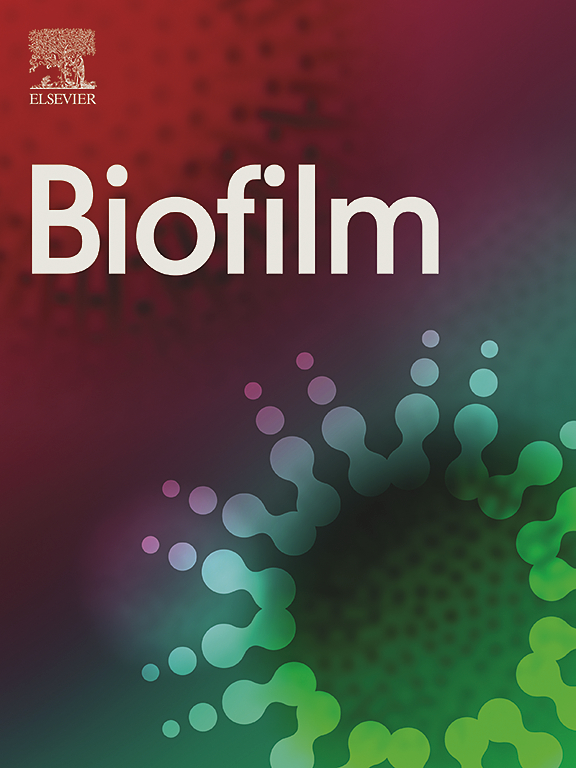GATA6 在胰腺癌发生和发展过程中的作用
IF 6.9
2区 医学
Q1 BIOCHEMISTRY & MOLECULAR BIOLOGY
引用次数: 0
摘要
胰腺导管腺癌(PDA)是一种致命的恶性肿瘤,其特点是起病隐匿且缺乏有效治疗。PDA 的分子发病机制仍有待全面了解。转录因子 GATA6 是胰腺正常发育过程中的一个重要转录调节因子,尤其是在胰腺的初始规格化和分化过程中。最近的研究表明,胰腺恶性肿瘤与 GATA6 密切相关。GATA6 表达水平的升高会促进胰腺癌细胞的生长。在胰腺癌中,GATA6 是一种细胞系特异性致癌因子,其过量表达会增强胰腺癌细胞的致癌表型。然而,GATA6 水平的升高与肿瘤分化良好和患者预后较好有关。遗传小鼠模型的实验证据表明,GATA6 具有抑制肿瘤的作用。GATA6 在胰腺肿瘤发生中的间接作用仍有待明确。本综述旨在阐明在理解 GATA6 方面的最新进展,强调其在胰腺生理和病理中的关键作用。本综述将特别关注 GATA6 在胰腺肿瘤发病机制中的作用,探讨其作为新型生物标志物和有希望成为胰腺肿瘤治疗靶点的潜力。本文章由计算机程序翻译,如有差异,请以英文原文为准。
GATA6 in pancreatic cancer initiation and progression
Pancreatic ductal adenocarcinoma (PDA) is a lethal malignancy characterized by insidious onset and lack of effective therapy. The molecular pathogenesis of PDA remains to be understood fully. Transcriptional factor GATA6 is an important transcriptional regulator in normal pancreas development, particularly in the initial specification and differentiation of the pancreas. Recent studies have linked pancreatic malignancy closely to GATA6. Increased levels of GATA6 expression enhance pancreatic cancer cell growth. GATA6 emerges as a lineage-specific oncogenic factor in PDA, augmenting the oncogenic phenotypes of PDA cells upon its overexpression. However, elevated GATA6 levels are correlated with well-differentiated tumors and a more favorable patient prognosis. Experimental evidence in genetic mouse models has revealed a tumor-suppressive role for GATA6. The circumstantial roles of GATA6 in pancreatic tumorigenesis remain to be defined. This review aims to elucidate recent advances in comprehending GATA6, emphasizing its crucial roles in both pancreas physiology and pathology. Special attention will be given to its involvement in PDA pathogenesis, exploring its potential as a novel biomarker and a promising therapeutic target for PDA.
求助全文
通过发布文献求助,成功后即可免费获取论文全文。
去求助
来源期刊

Genes & Diseases
Multiple-
CiteScore
7.30
自引率
0.00%
发文量
347
审稿时长
49 days
期刊介绍:
Genes & Diseases is an international journal for molecular and translational medicine. The journal primarily focuses on publishing investigations on the molecular bases and experimental therapeutics of human diseases. Publication formats include full length research article, review article, short communication, correspondence, perspectives, commentary, views on news, and research watch.
Aims and Scopes
Genes & Diseases publishes rigorously peer-reviewed and high quality original articles and authoritative reviews that focus on the molecular bases of human diseases. Emphasis will be placed on hypothesis-driven, mechanistic studies relevant to pathogenesis and/or experimental therapeutics of human diseases. The journal has worldwide authorship, and a broad scope in basic and translational biomedical research of molecular biology, molecular genetics, and cell biology, including but not limited to cell proliferation and apoptosis, signal transduction, stem cell biology, developmental biology, gene regulation and epigenetics, cancer biology, immunity and infection, neuroscience, disease-specific animal models, gene and cell-based therapies, and regenerative medicine.
 求助内容:
求助内容: 应助结果提醒方式:
应助结果提醒方式:


